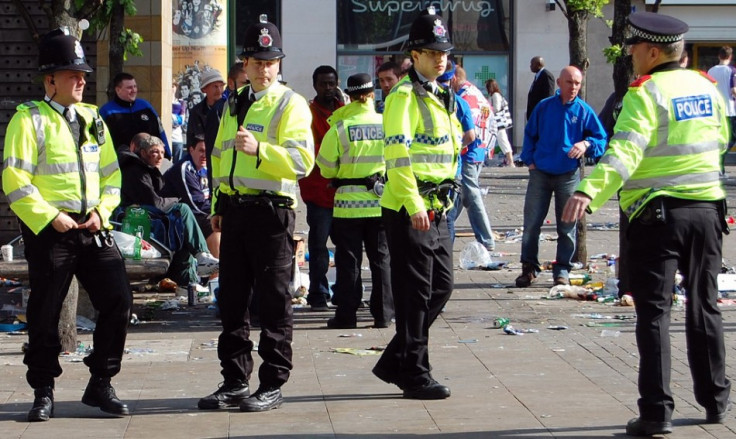Derbyshire Police admit 'mistake' after protecting identity of Polish rapist

A convicted rapist from Poland was given sanctuary in Britain and his identity protected by British police in order to protect him from reprisals by vigilante groups. Marcin Jaworski, 20, left his home in Czarnkow in northern Poland after he was found guilty of attacking a girl in 2014.
In a bid to protect his family from public shame he relocated to Shirebrook in Derbyshire. Jaworski's disgraced family had reportedly sent him to the UK to"make a new start" after being left ashamed by his crime. According to Mail Online, a former neighbour of the family said: "Marcin and the girl were about the same age and were both drunk when he raped her. He comes from a respectable family and they were so horrified and ashamed they thought it best to send him away.
He [Jaworski] has no right to secrecy. Whilst we were concerned that a community protest might drive him underground, he should not have been afforded any protection other than that given to any other offender placed on the sex offenders register.
"Britain made perfect sense. It's in the EU so there was no problem with him living and working there and he could make a new start.'
The truth of his earlier conviction was only discovered by Derbyshire police when he breached a court order banning him from drinking in the town centre Detroit NewsTime reports.
While the constabulary applied for his name to be added to the sex offenders register, they controversially asked for the hearing to be held in private in order to maintain the offender's anonymity in a bid to prevent 'community tension '.
The application, calling for Jaworski's hearing to be conducted without the presence of the press, said the rapist 'lives in an area where there are high tensions between the Polish and British communities, to the extent that there have been episodes of violence between the groups'.
The request was rejected by the court after certain sections of the media argued that reporting of the case was in the interest of public safety. Rejecting the application for a reporting restriction District Judge Andrew Davison told Chesterfield magistrates' court: "A fundamental principle is open justice which is the hallmark of the law. The media plays a vital role in the upholding of that principle on behalf of the public."
Derbyshire Chief Constable Mick Creedon has since admitted the force made 'a mistake' by trying to prevent Jaworski's identity and his rape conviction from being disclosed to the public. Chief Constable Creedon said: "With all sex offender management we are seeking to protect the vulnerable, especially children. The media coverage of the recent hearing reflects a mistake made by the Derbyshire Constabulary.
"The reasons for the application were well-intentioned and reflected our concerns about some recent local community tensions, but the media was right to challenge this and the court was right to reject the application.
"He has no right to secrecy. Whilst we were concerned that a community protest might drive him underground, he should not have been afforded any protection other than that given to any other offender placed on the sex offenders register."
An investigation into why Jaworski was given entry into the UK despite having a prior conviction for sex offences is expected to be conducted.
© Copyright IBTimes 2025. All rights reserved.




















